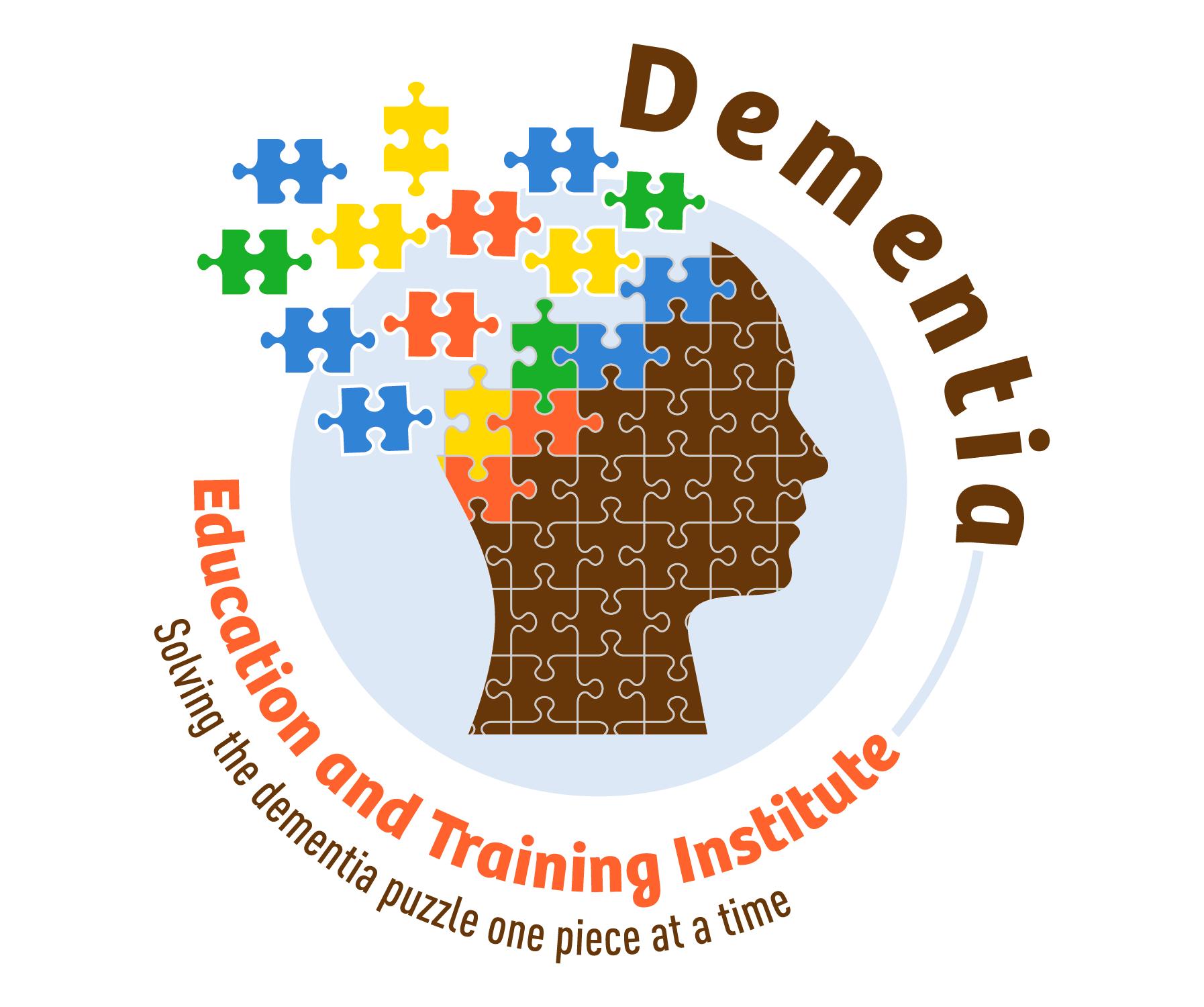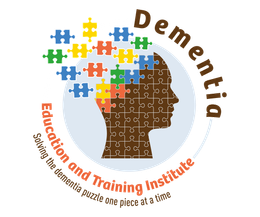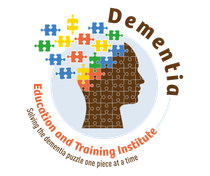Workshops
Our educational workshops really are THE MISSING PIECE OF THE DEMENTIA PUZZLE
All workshops are interactive and teach the following:
NEW WORKSHOPS STARTING JANUARY - CHECK BACK
- Approaches to care that promote positive outcomes
- Awareness, knowledge and skills needed to create a dementia safe environment.
- Information about anatomical and chemical changes that occur in the brain of people living with dementia
- Understanding of how “challenging behaviors” correlate to areas of the brain with decreased function
Workshops utilize the POSITIVE APPROACH™ TO CARE (PAC)
- Positive Approach™ was created to help us to focus on what remains and not what is loss.
- Focusing on the retained skills and abilities allows us to fill the day with meaning.
- Implementing POSITIVE APPROACH™ skills enables us to provide support and cueing that foster engagement and participation rather than isolation and dysfunction.
“It’s all in the approach” Seeing it from the Other Side
Check Calendar for dates, times and locations.
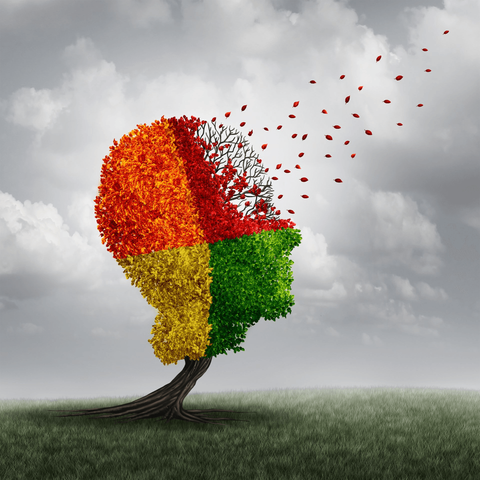
- This workshop gives an overview of brain changes related to dementia and how they affect cognition, behavior and processing
- It teaches skills that work
- Participants see what dementia is like from the point of view of the person living with dementia.
- This helps us to understand why the new approaches to care so necessary and effective
REGISTER
- This workshop gives an overview of brain changes related to dementia and how they affect cognition, behavior and processing
- It teaches skills that work
- Participants see what dementia is like from the point of view of the person living with dementia.
- This helps us to understand why the new approaches to care so necessary and effective
“Normal Aging vs Not Normal Aging” Understanding the difference
- Learn about changes in cognition and processing that are a normal part of aging vs dementia
- Learn about the five ways humans take in data and the five sensory input and processing systems
- Gain insight about the areas of the brain dementia effects and how that affects their ability to take in and process data
- Discuss why old ways of providing care often resulted in problematic behaviors and why these behaviors are actually “expressive communication”
- Learn about the Positive Physical Approach™ and Hand Under Hand™ and how they promote better outcomes
REGISTER
- Learn about changes in cognition and processing that are a normal part of aging vs dementia
- Learn about the five ways humans take in data and the five sensory input and processing systems
- Gain insight about the areas of the brain dementia effects and how that affects their ability to take in and process data
- Discuss why old ways of providing care often resulted in problematic behaviors and why these behaviors are actually “expressive communication”
- Learn about the Positive Physical Approach™ and Hand Under Hand™ and how they promote better outcomes
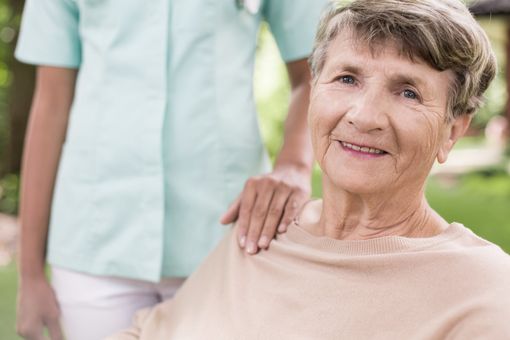
Positive Physical Approach™(PPA) and Hand Under Hand™(HUH) Person Living With Dementia--PLWD

- Learn about vision changes that occur with dementia
- Learn how vision changes affect taking in and processing information
- Learn skills and techniques needed to adapt our behaviors and interactions into approaches to care that a PLWD can receive and process without causing distress
- Learn how to use a Positive Physical Approach™, Hand Under Hand™ and a Supportive Stance to connect with and provide assistance with a PLWD
- Gain better understanding of doing WITH and not TO when assisting a PLWD
REGISTER
TEEPA’S GEMS™: “Using Skills that Make a Difference”

- Learn about number-based systems used to identify stages/progression of dementia
- Learn about Teepa Snow’s Gem classification model for dementia. Learn about the six Gems used to identify states of cognitive function.
- Learn to use the GEMS™ to facilitate positive supportive communication and interactions by focusing on retained abilities and desires.
- Gain insight regarding what unmet needs are common at each GEM™ state and how to structure activities to meet these needs.
- Learn to recognize and respond to unmet needs that lead to distress or challenging behaviors.
REGISTER
First Reponders Training

